BY JILLIAN CORNACCHIONE
The Bruin was recently given the opportunity to travel to Iowa where its staff members will analyze all aspects of the first presidential caucus for the 2020 election and experience first-hand what this process entails.
The trip is set to commence on Friday, January 31. Bruin staff members, along with advisor Eric Heffinger, will leave early Friday morning and embark on a 10+ hour bus ride to Des Moines, Iowa, where the caucus will take place on Monday, February 3.

Immediately after hearing the news, the staff members had several questions regarding the event. Therefore, along with the preparation dealing with the journalism aspect of the trip, the Bruin had to cram lessons in American government and history into a rather short time span. They began with the basics.
What is a caucus?
Unlike the primary elections that take place in most other U.S. states where registered voters go to voting polls and cast ballots for their preferred candidate, a caucus is an electoral event and local meeting among members of a particular political party. These individuals come together in a unique location to show their support for the candidate of their preference.
The Republican caucus deals with a secret ballot, in which the members vote for a candidate to run as the Republican nomination. In contrast, the Democratic caucus does not carry out a secret ballot. Instead, its members separate into different groups corresponding to each candidate. If there is no clear majority toward one specific candidate, the members are given a short period of time to try and persuade other members present at the meeting to join their group. After each vote, if a candidate does not reach at least 15% of support from the caucus goers, the candidate is disqualified and those that caucused for him or her must then select a new candidate to caucus for. This process continues until one candidate has received the clear majority. This can take hours with neighbors and community members debating the pros and cons of each candidate.
Why is the Iowa Caucus important?
The Iowa Caucus is a one-day event that is tremendously influential for the nation. It is the first official caucus in the U.S. presidential primary season, and it is a strong indicator of how the presidential candidates will do later on in the running. In fact, in the past four presidential elections, the democratic candidate who came out on top at the Iowa Caucus ended up as the U.S. democratic nomination.
What are the differences between Republicans and Democrats?
There are two major political parties in the United States and their candidates are vying for their party’s nomination in the 2020 presidential election.
The following descriptions are an overly-simplified breakdown of each major issue and how the parties feel on the topic. It may not exactly reflect how each candidate feels about the issue.















Meet the 2020 Presidential Candidates
Republicans

Donald Trump
President of the United States (2016-Present). A former Business man and Television star. Restricting immigration and building a wall at the Mexican border; renegotiating or canceling international deals on trade, arms control and climate change; withdrawing American troops from overseas.

Joe Walsh
Congressman from Illinois (2011-2013). Conservative talk show host. Reducing the national debt; restraining executive power; securing the border; defeating Mr. Trump

Bill Weld
Former Governor of Massachusetts (1991-1997). Favors fiscal restraint, free trade and moderate immigration reform; has endorsed steps to legalize marijuana.
Democrats

Michael Bennet
Businessman, lawyer, and politician, has served as the senior United States Senator from Colorado since 2009, priorities are supporting agriculture, clean energy, climate change, and justice reform.

Joe Biden
Former VP, criminal justice reform, raise the minimum wage to $15/hr, two years of free college, and transition to cleaner energy sources.

Michael Bloomberg
Former Mayor of NYC, completely self funded, strong stances on gun control, supports an “achievable” version of the Green New Deal on climate change, conservative on economic issues, the biggest negative of his career was his support of stop-and-frisk policing in NYC.

Pete Buttigieg
Former mayor of South Bend Indiana and fought in Afghanistan, first openly gay presidential candidate, Medicare for all who want it, has stressed his generational identity and focused on issues like climate change and economic opportunity.

John Delaney
US rep from Maryland and businessman, moderate democrat, proposes BetterCare (aka universal healthcare), funding his campaign with his own money

Tulsi Gabbard
4 term Hawaiian Senator, Democrat, National Guard veteran, goal is “to save the people and the planet from annihilation, supports healthcare for all, supports the second amendment.

Amy Klobuchar
US Senator for Minnesota, endorsed by the New York Times, moderate democrat, improving mental health care is important to her, she emphasizes taking a bipartisan approach to issues.

Deval Patrick
Former Governor of Massachusetts

Bernie Sanders
Senator from Vermont (2007-Present), A self-described democratic socialist, has brought progressive proposals like Medicare for All and tuition-free public college to the forefront of the race.

Tom Steyer
Billionaire Former Hedge fund fundraiser, he is running on an environmental platform and promised to declare a state of emergency on first day in office

Elizabeth Warren
Senator from Massachusetts (2013-Present). Income inequality and what she sees as a middle class under attack from big corporations and political corruption.

Andrew Yang
Former tech executive and lawyer. Establishing a universal basic income of $1,000 per month for all Americans.
How do I keep up with the Bruin’s coverage of Iowa caucus?
Make sure to keep up with our travels, videos, stories, photos and podcasts on all of The Bruin’s social media accounts. Follow The Bruin on Twitter, Instagram and Facebook.
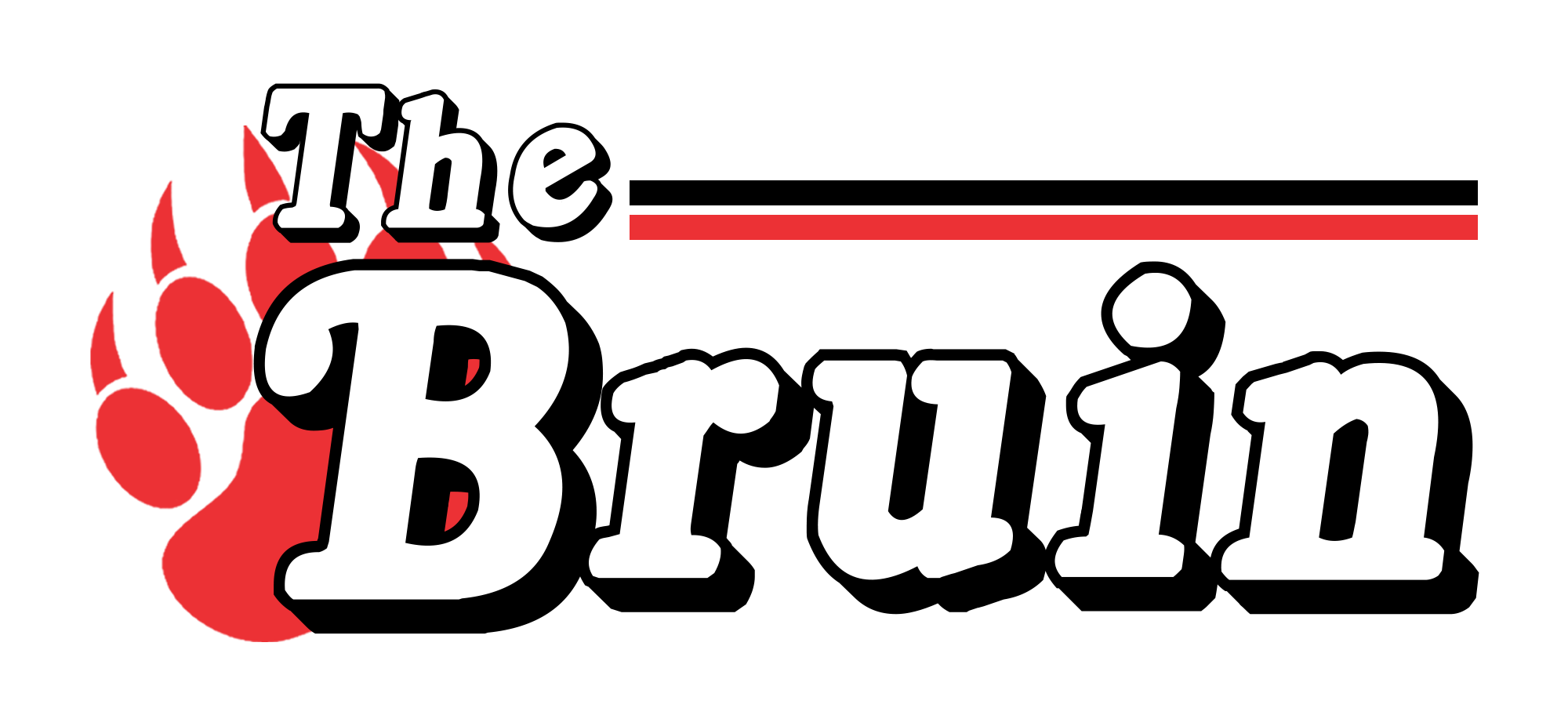

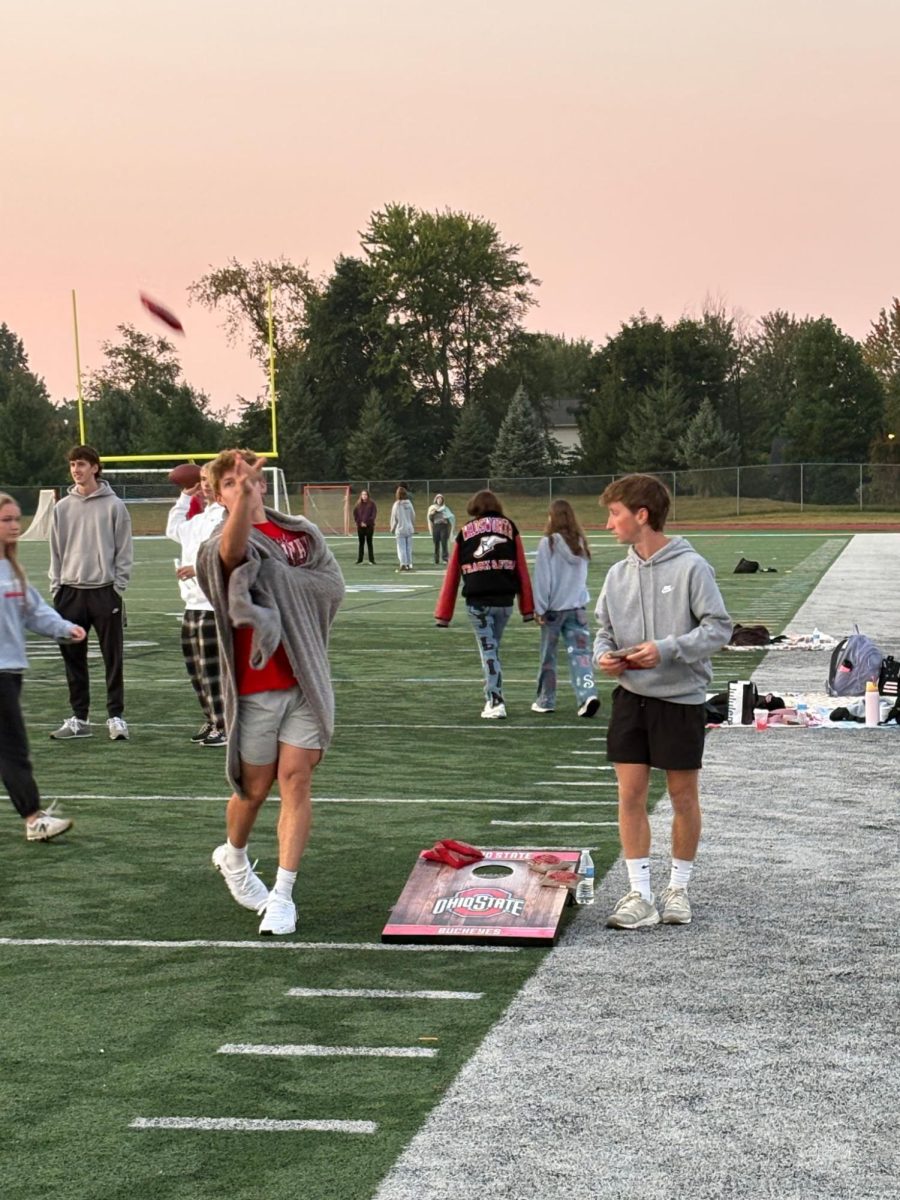

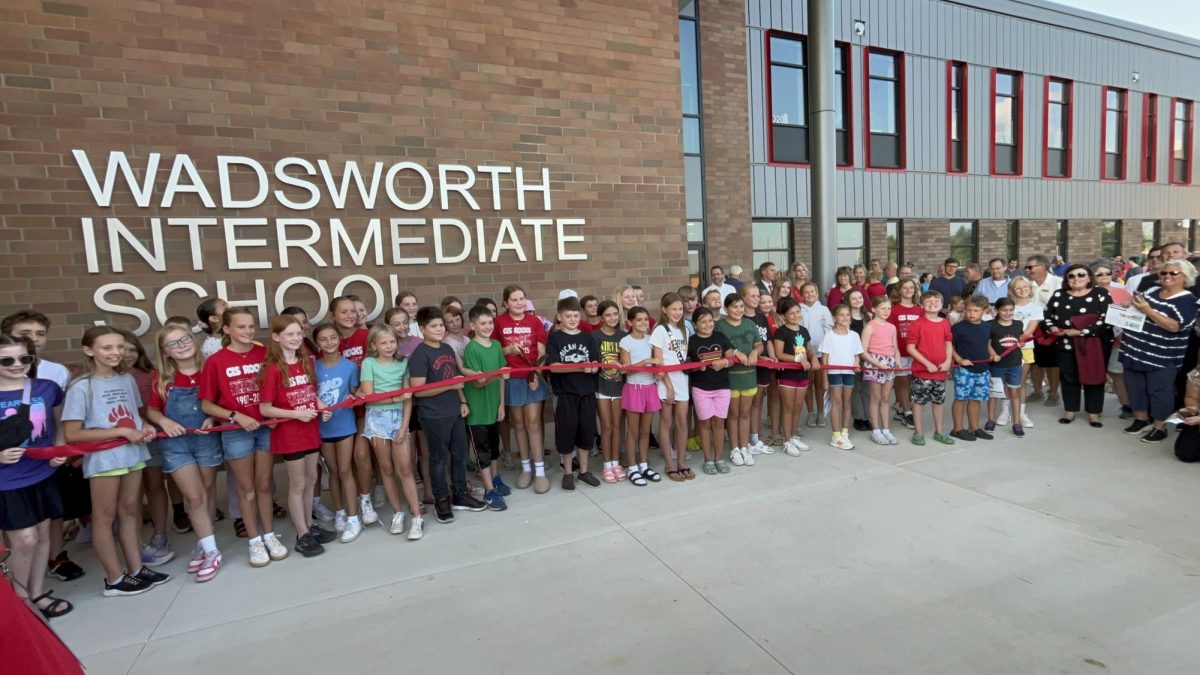
![Wadsworth's Class Of 2025 Walks At Graduation Ceremony [Photo Gallery]](https://wadsworthbruin.com/wp-content/uploads/2025/05/IMG_9018-1-1200x800.jpg)
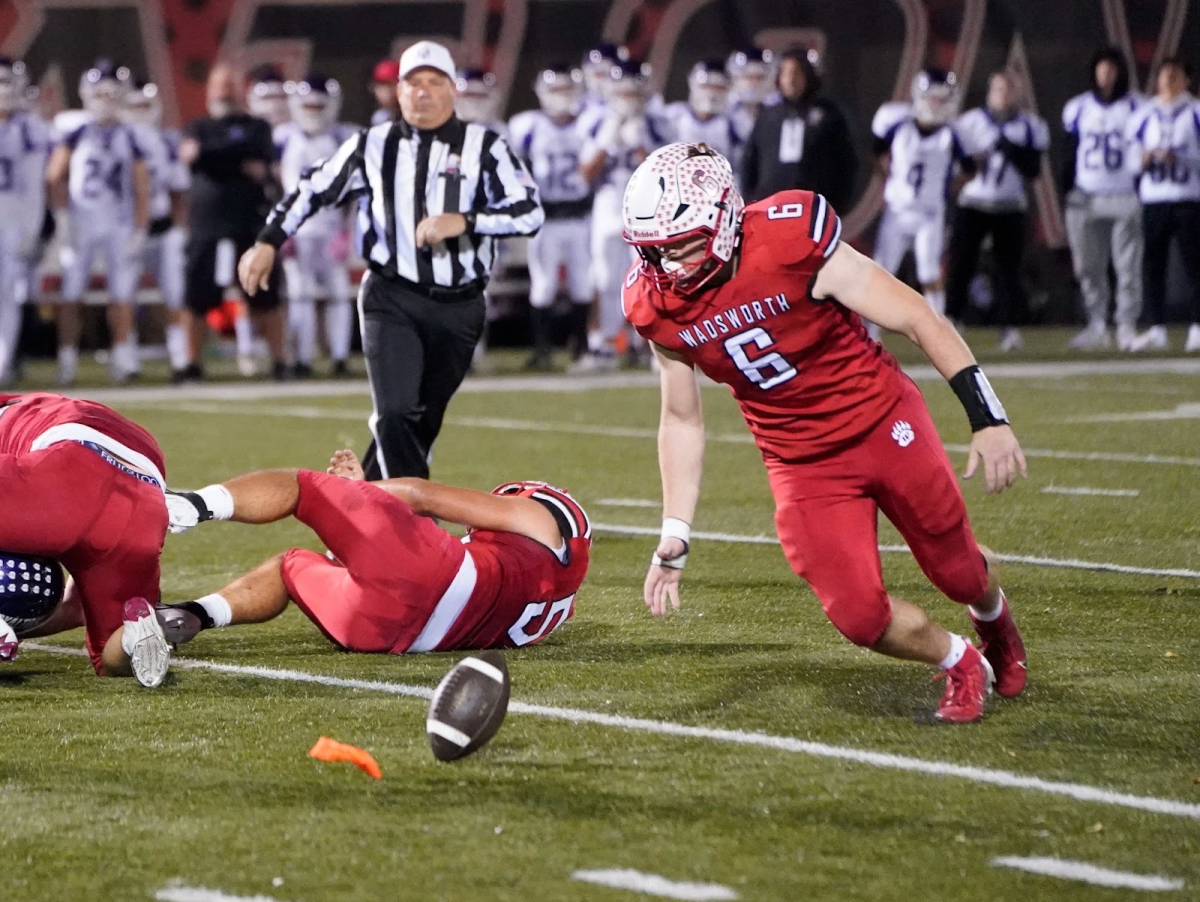
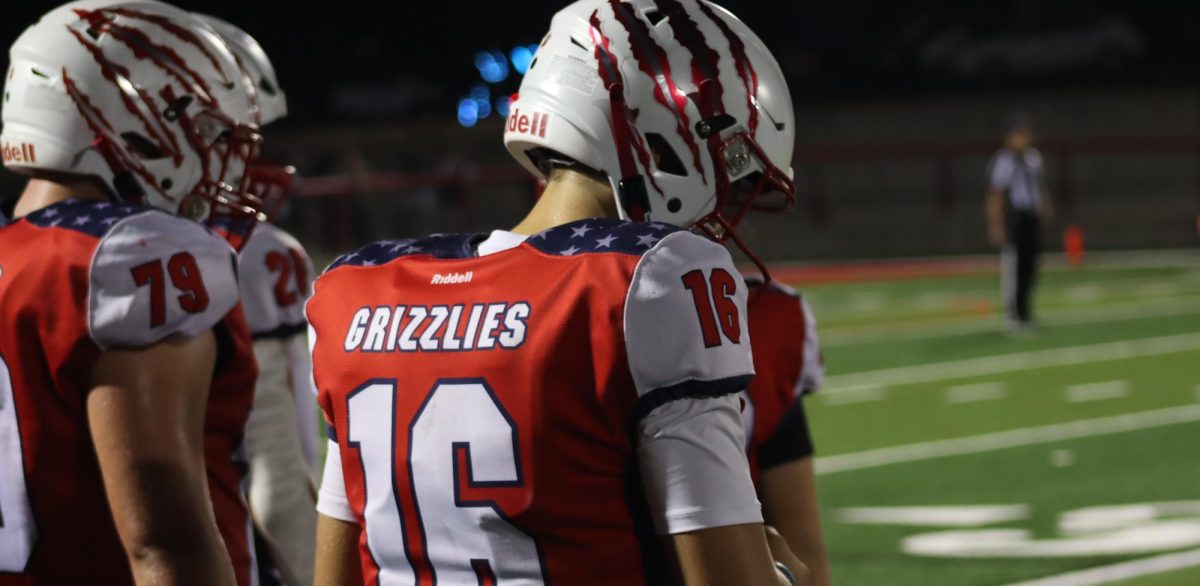
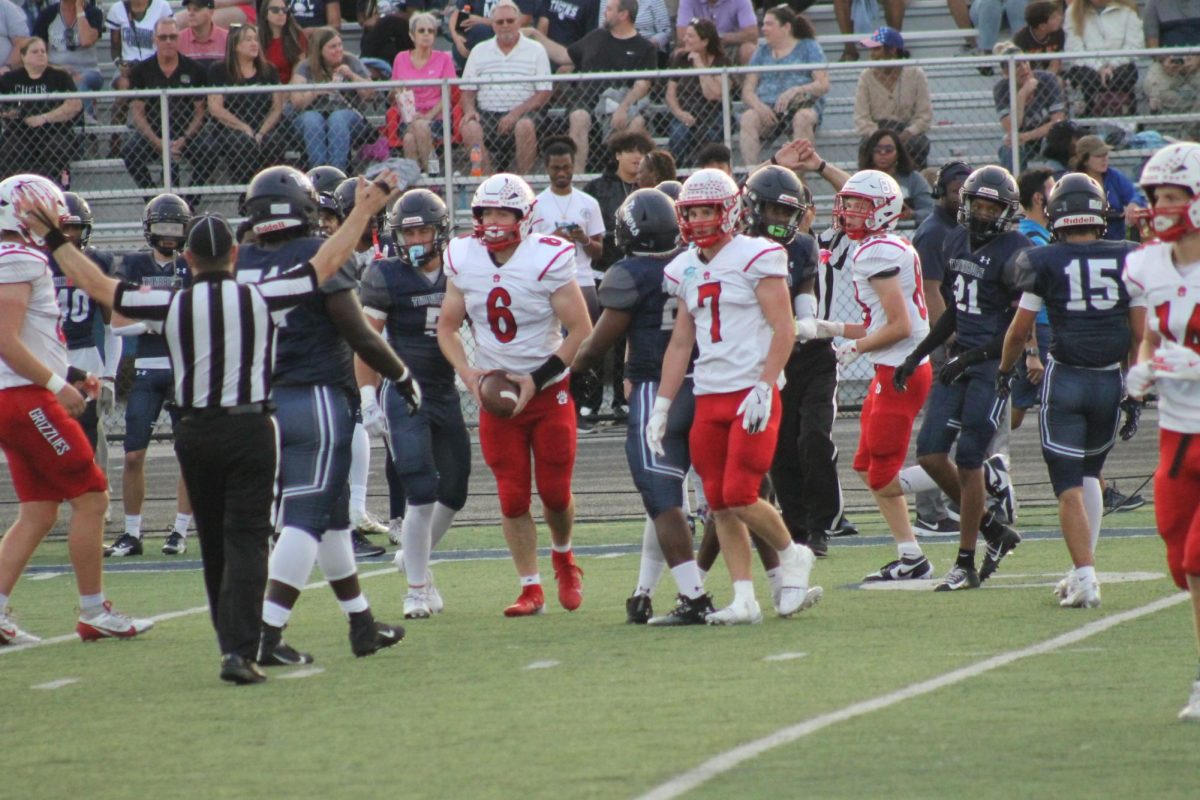


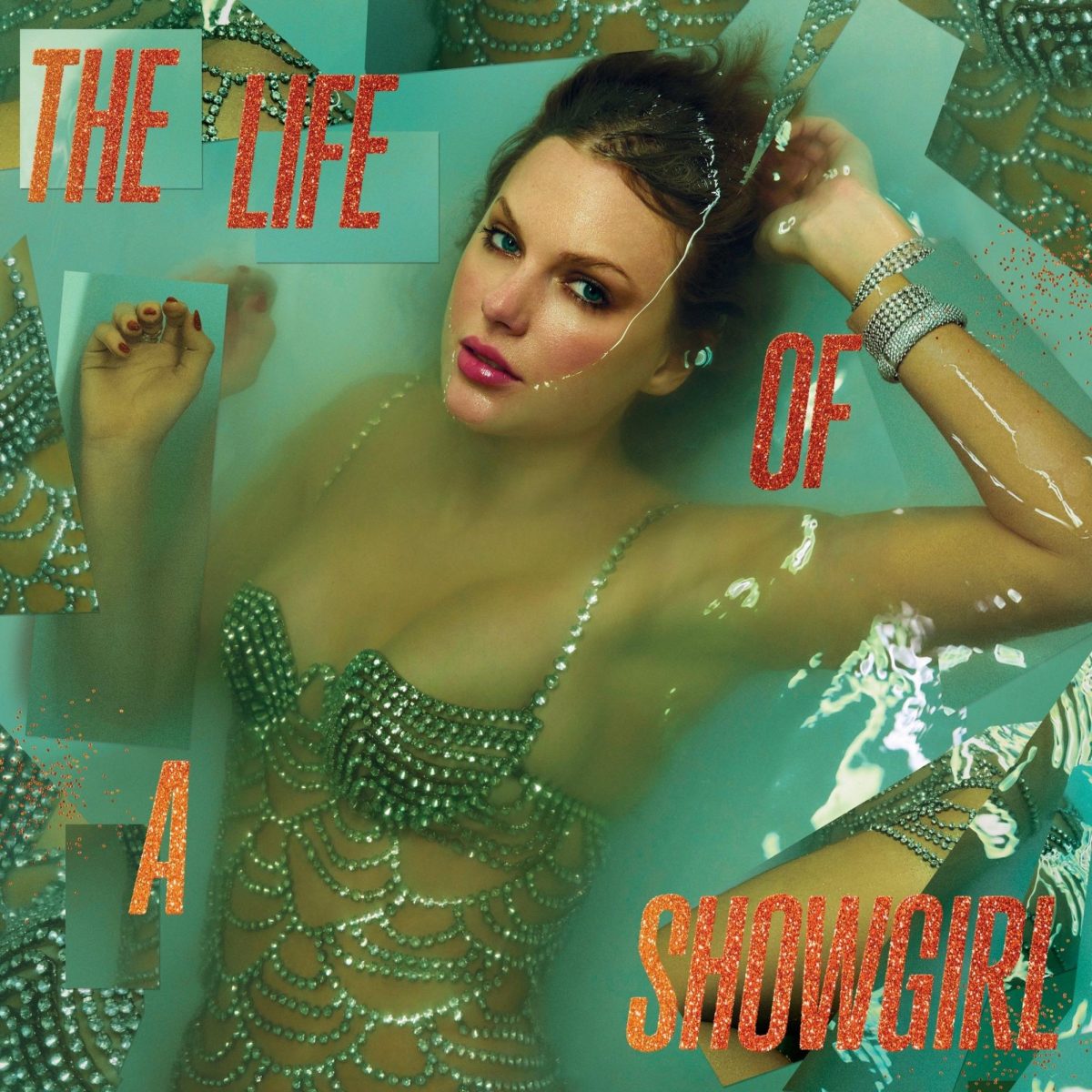
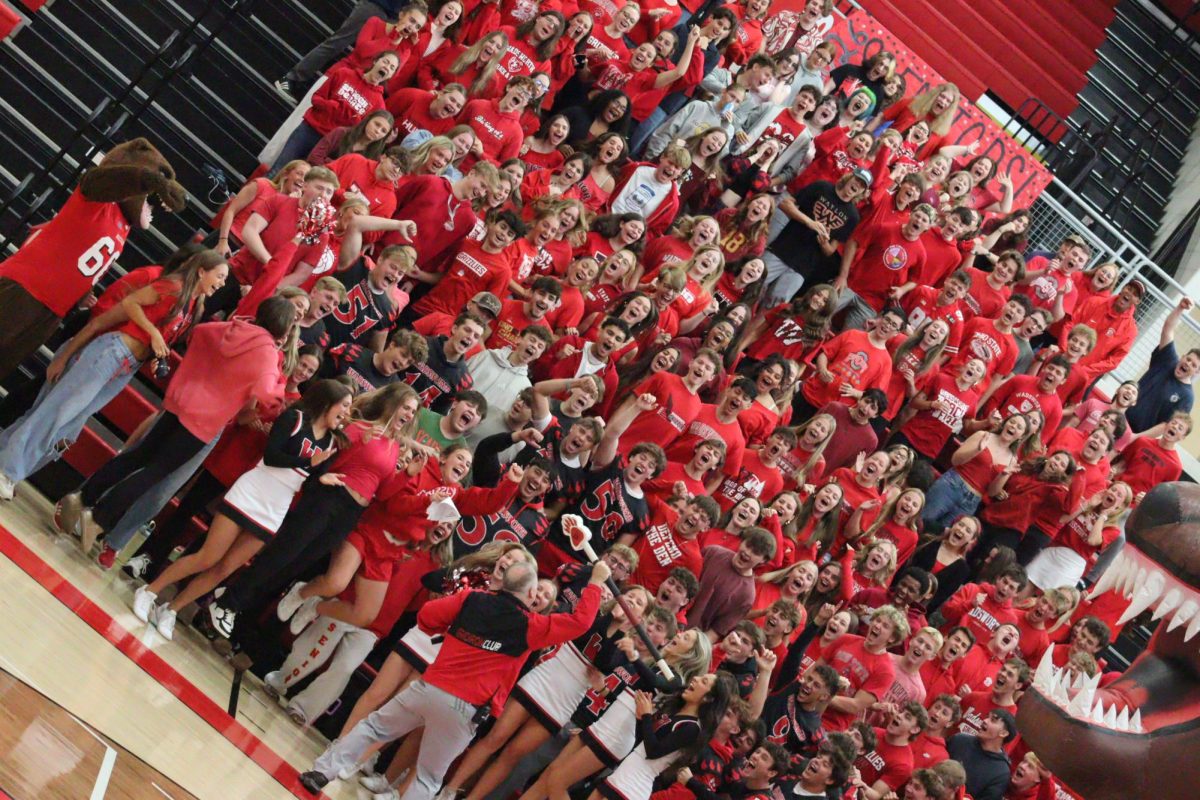
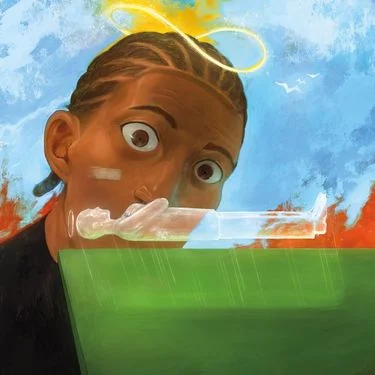
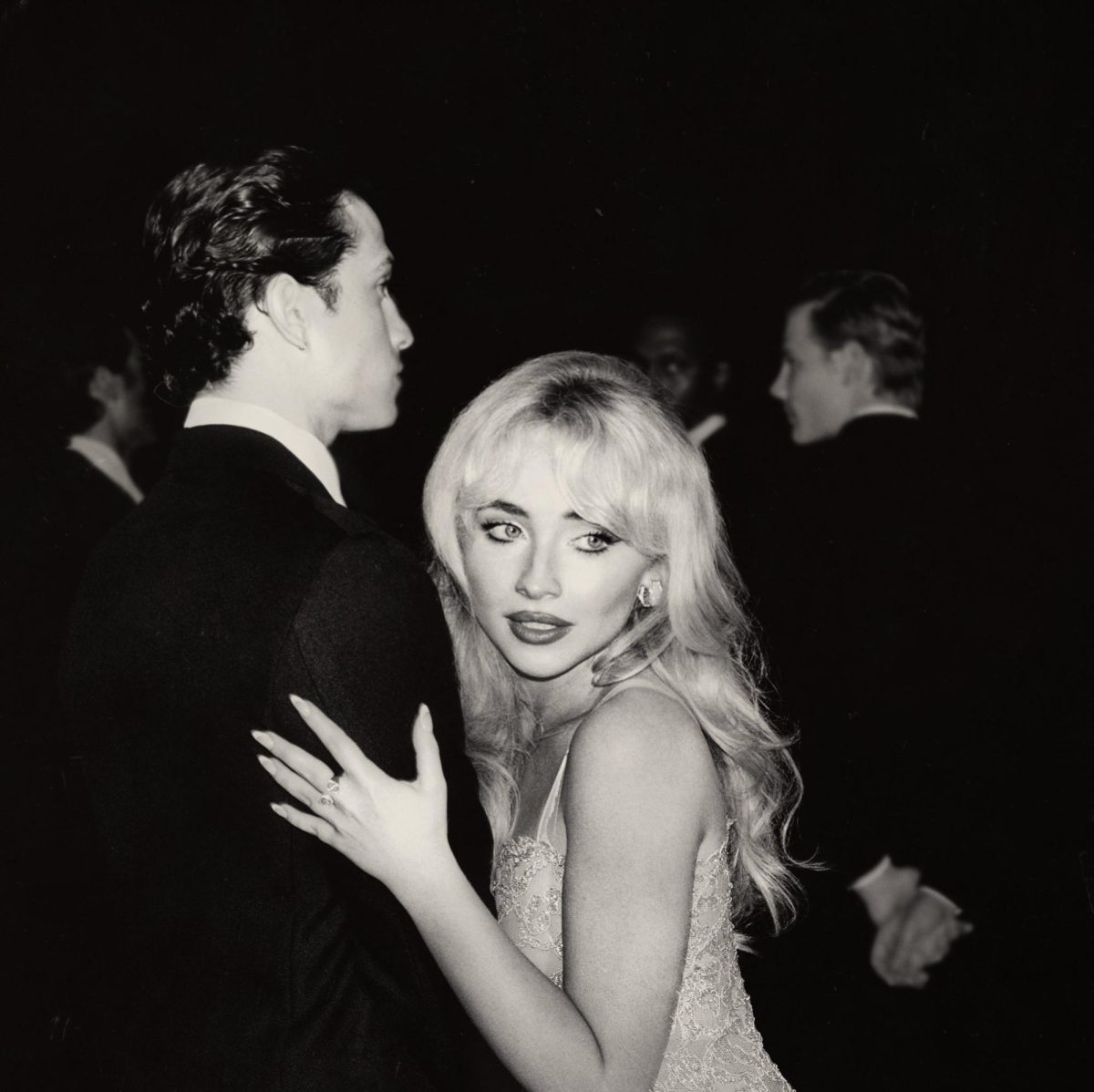
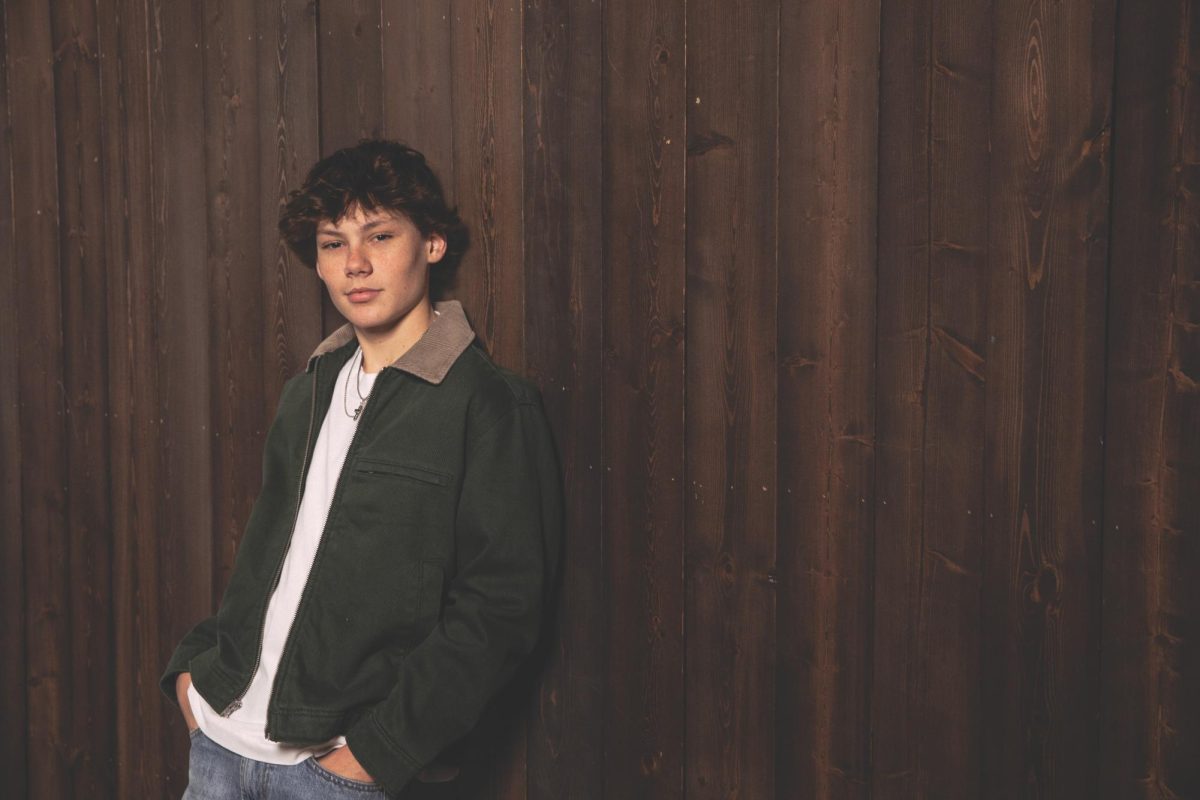
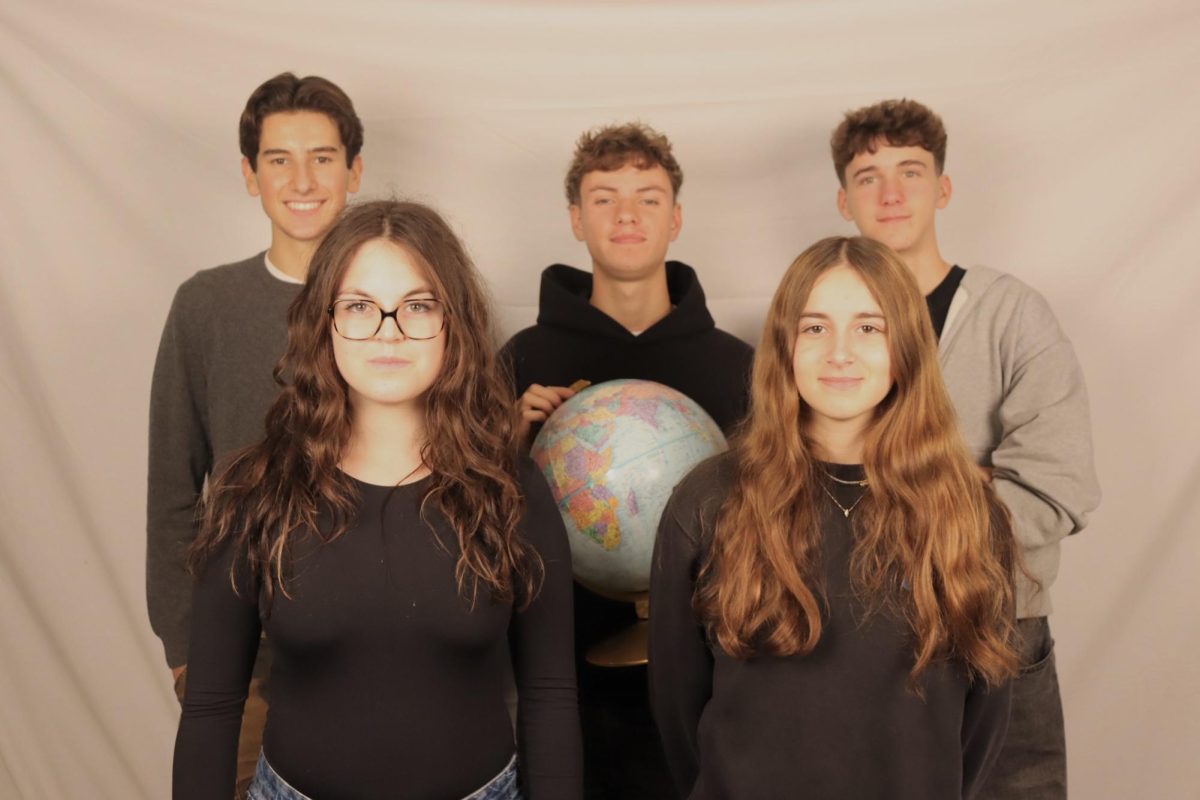
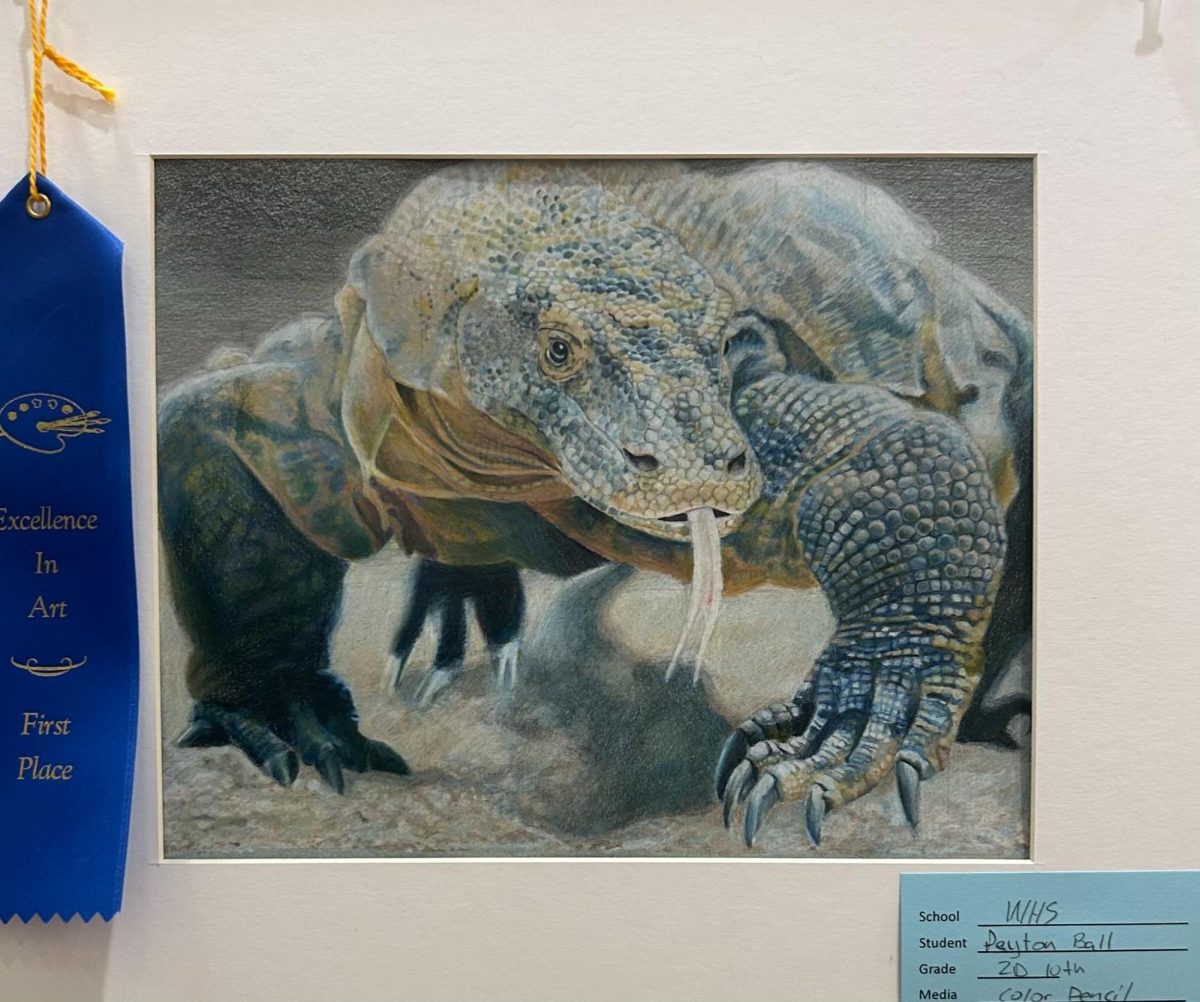
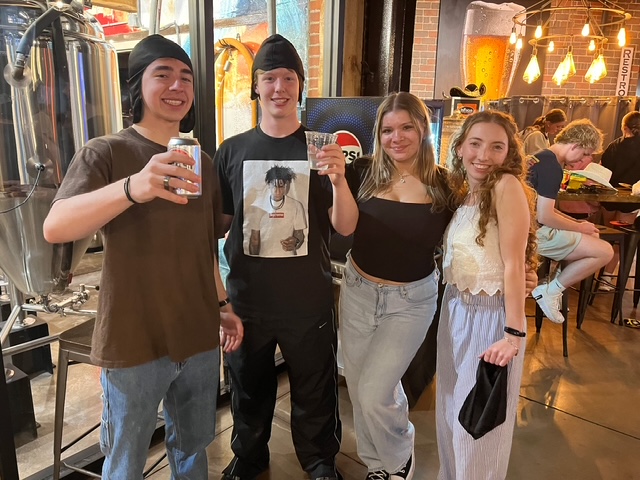
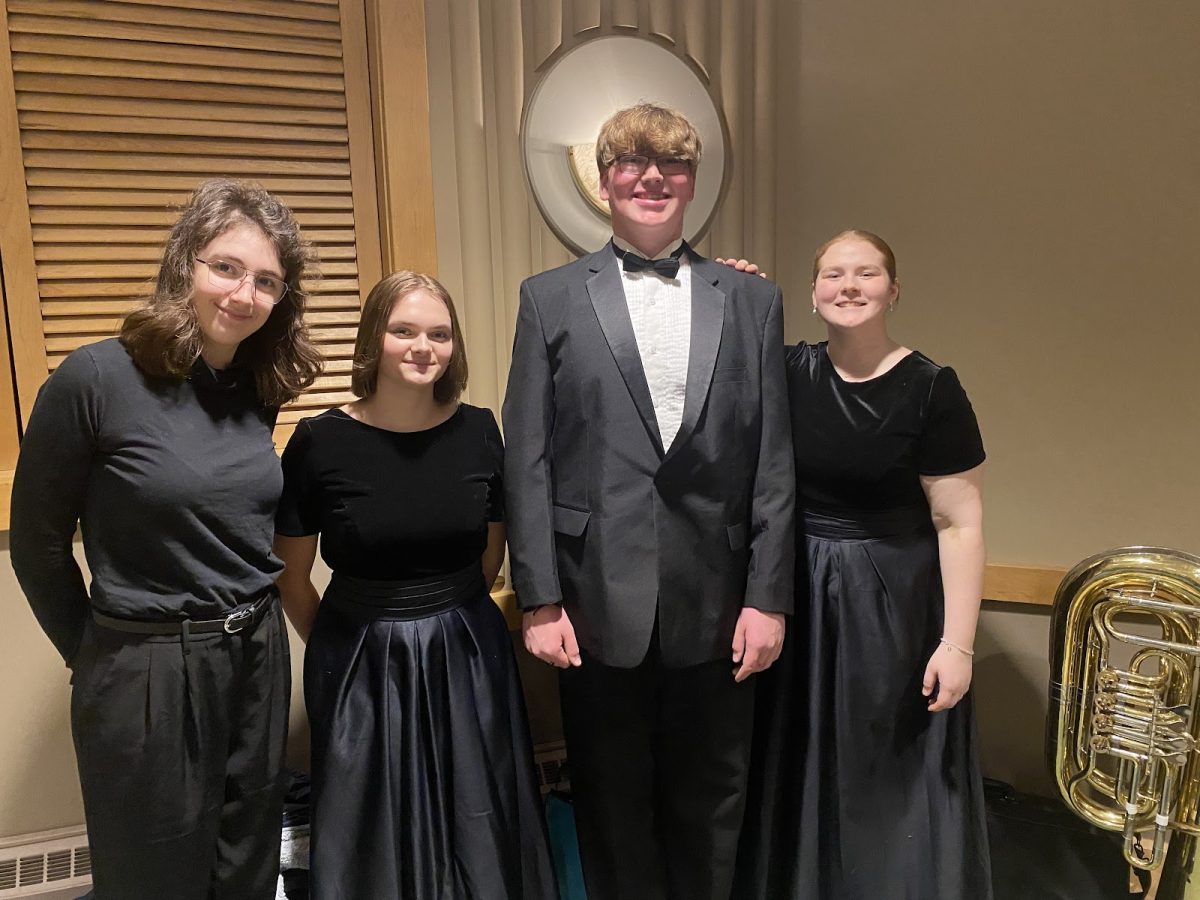
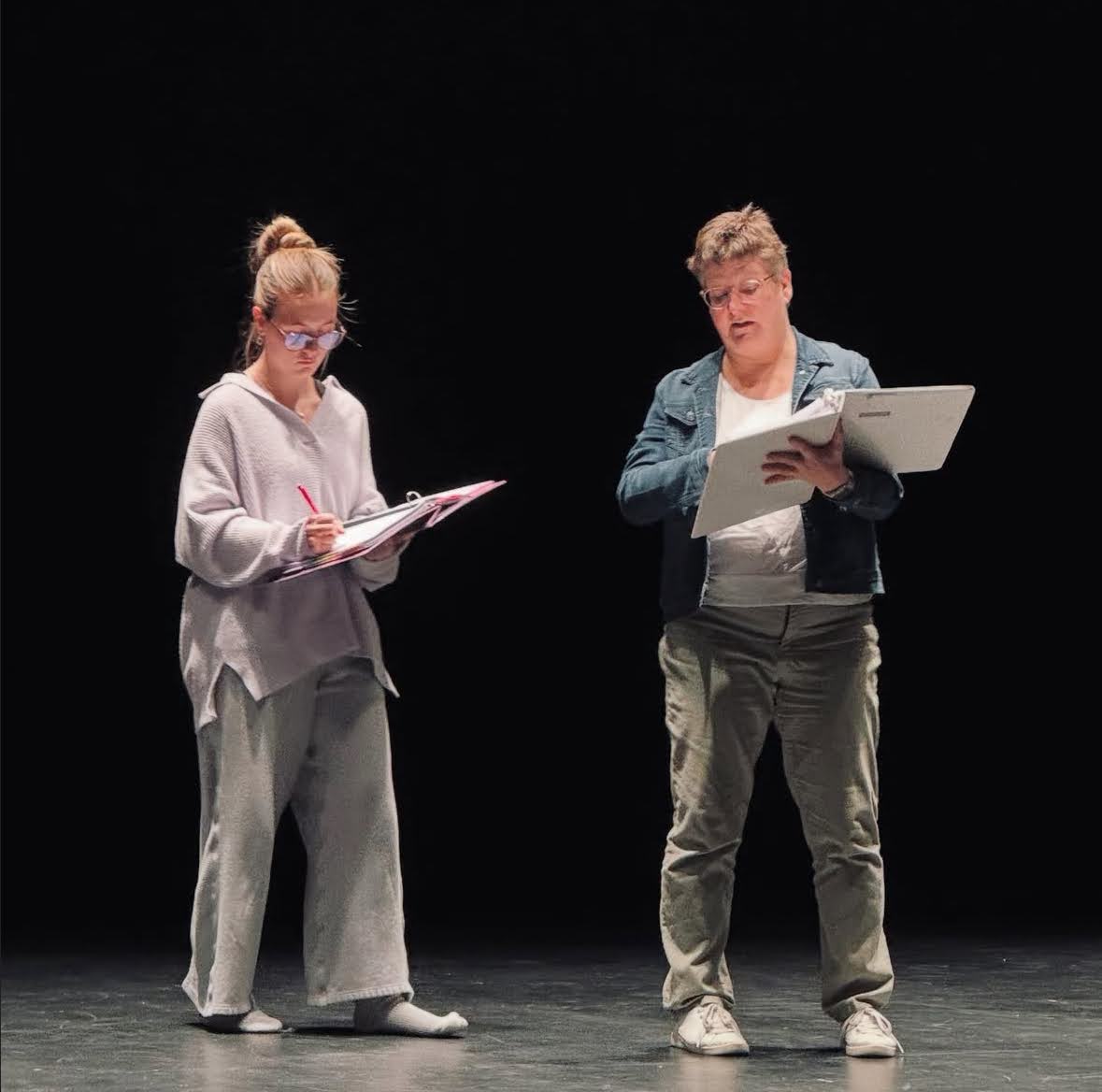


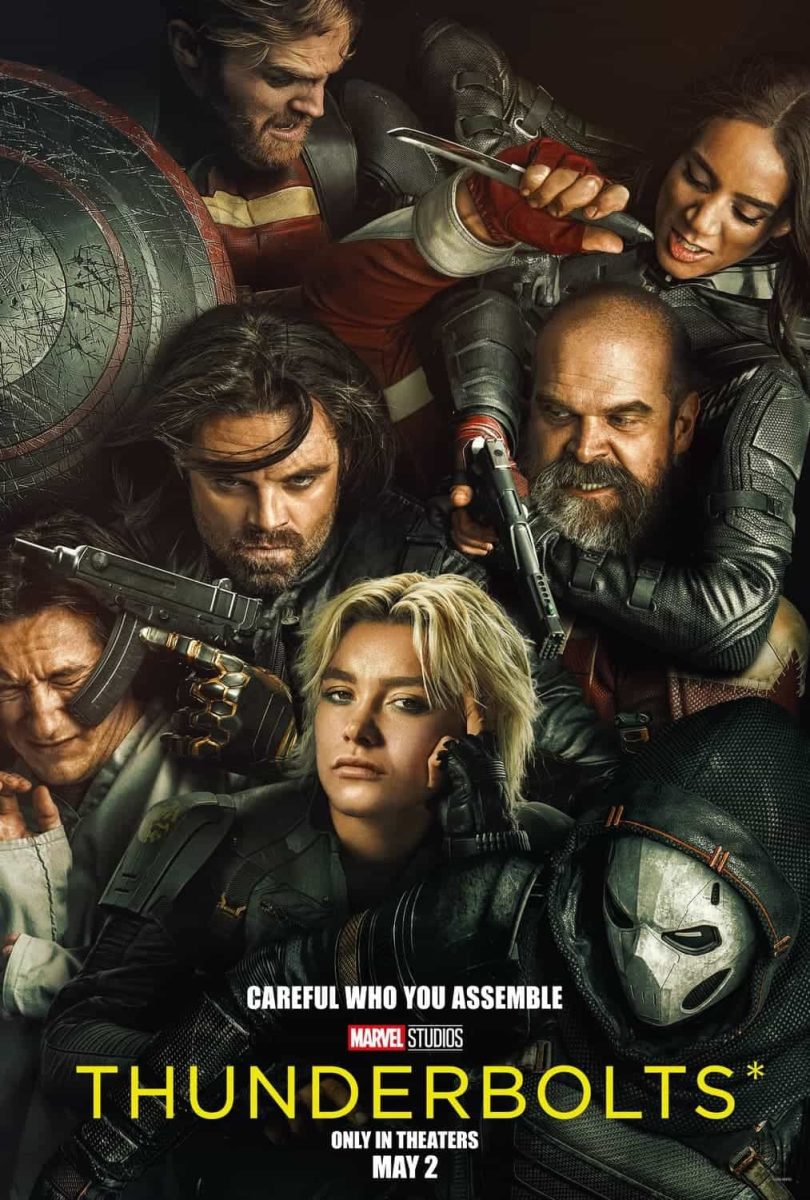
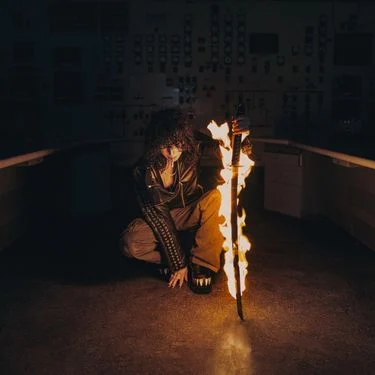

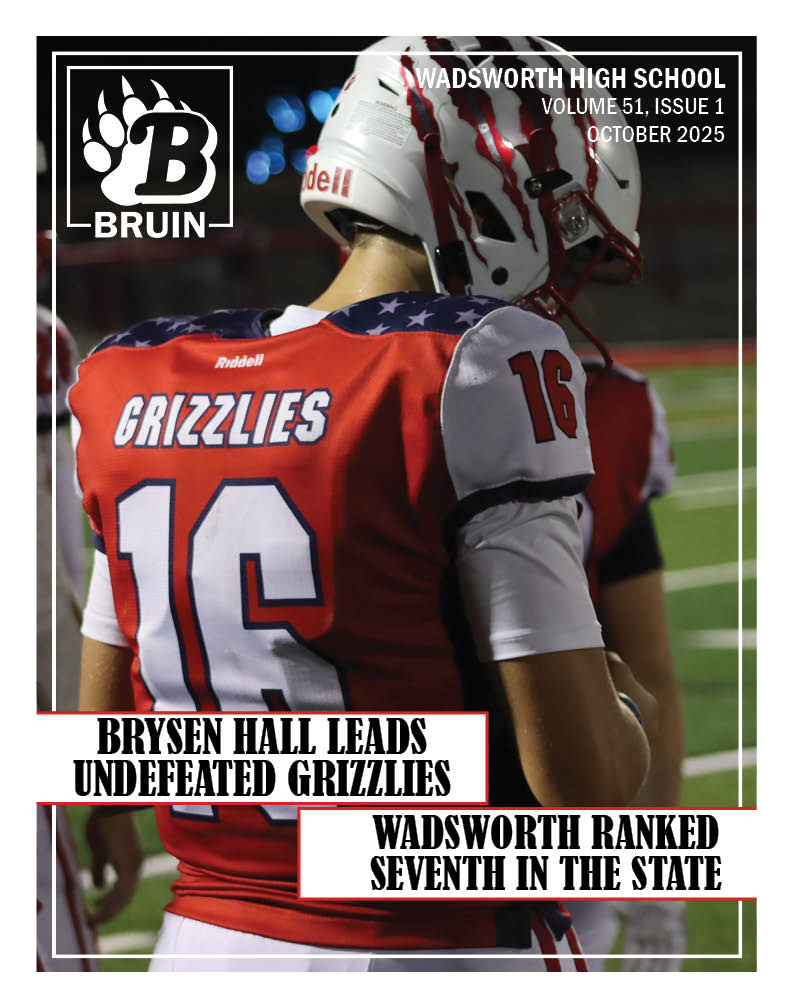




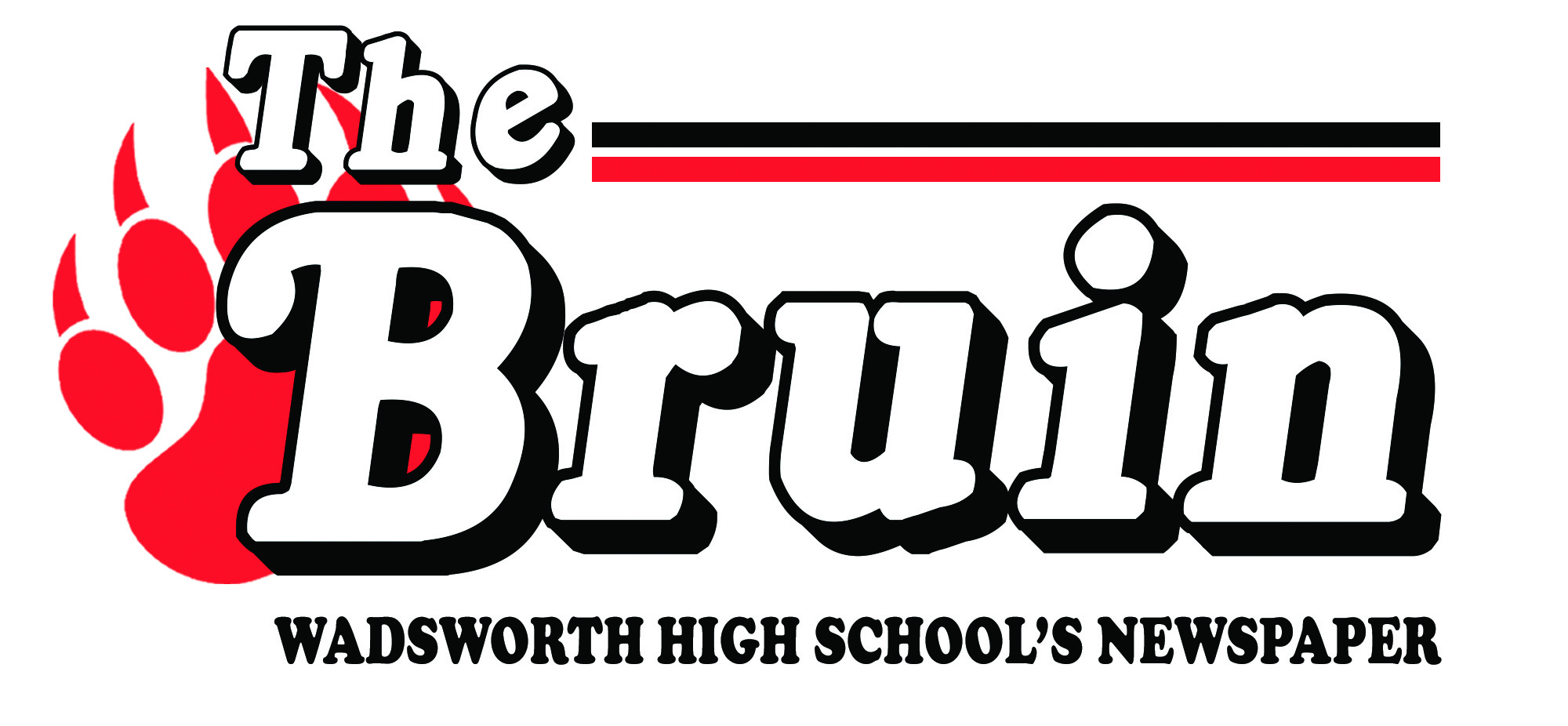
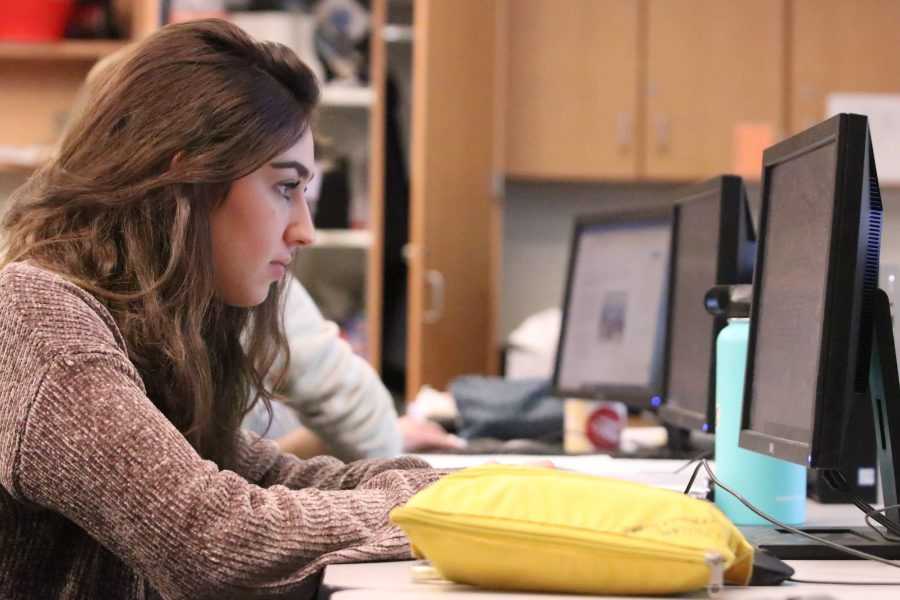

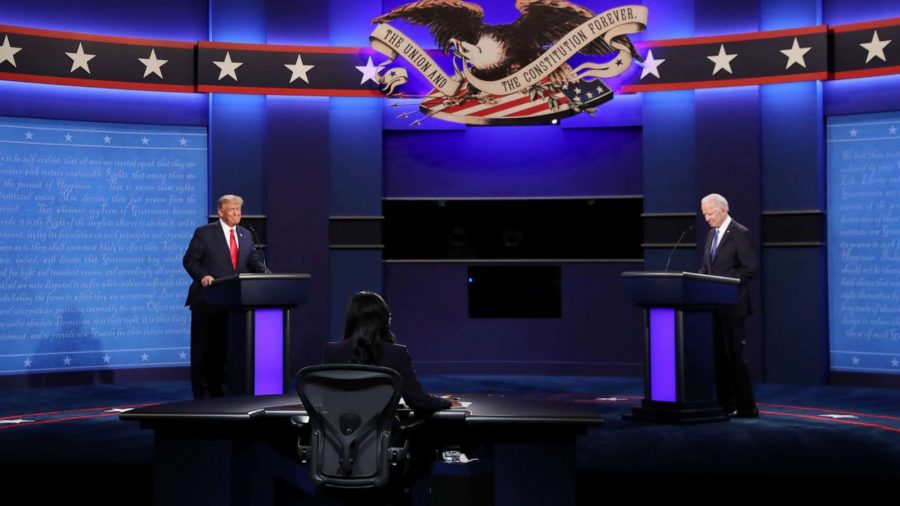
![The Bruin takes Iowa: The Documentary [Video]](https://wadsworthbruin.com/wp-content/uploads/2020/02/takesiowa-900x496.png)
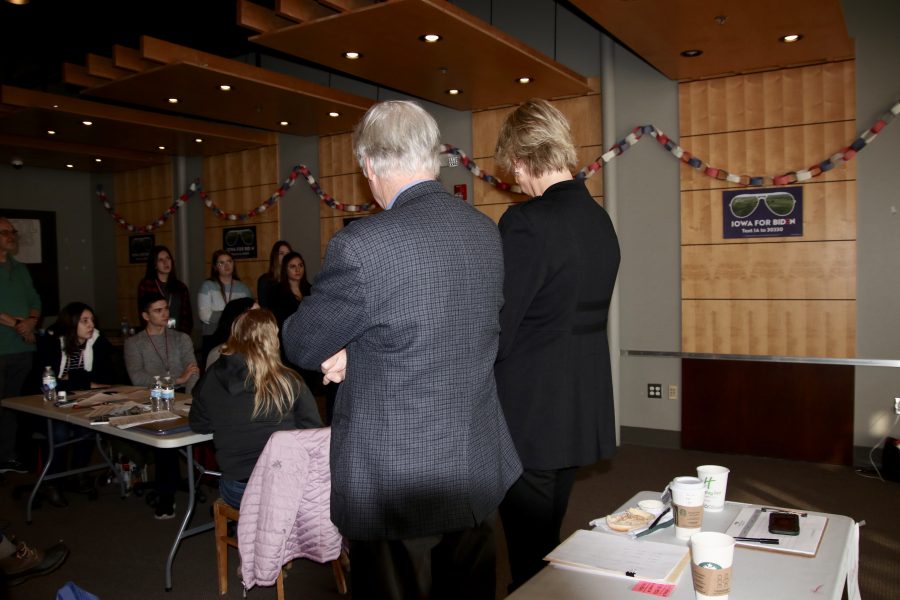
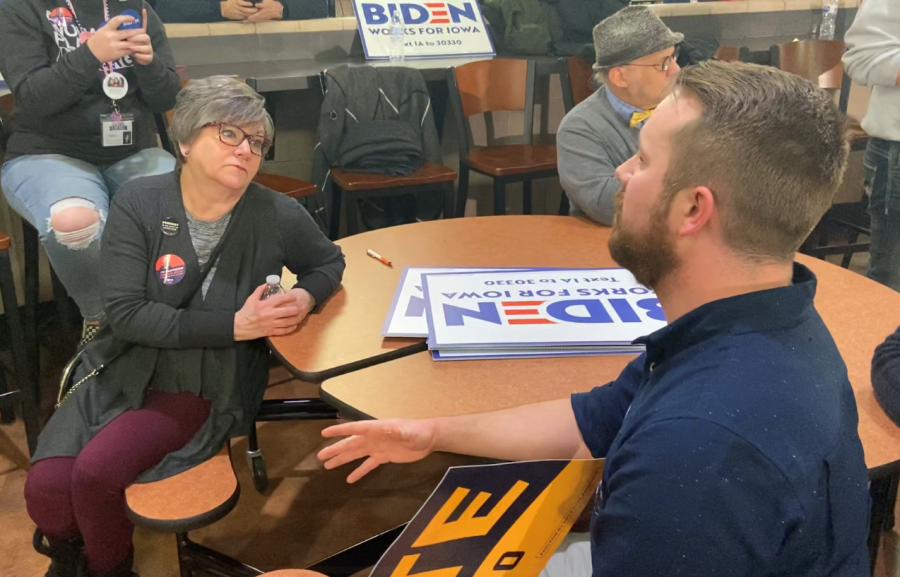
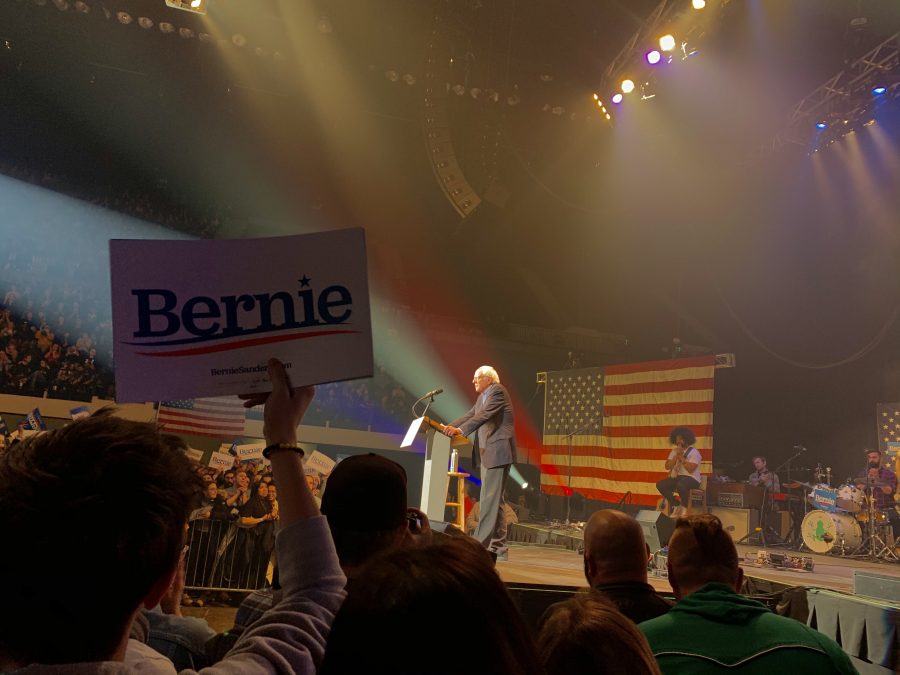
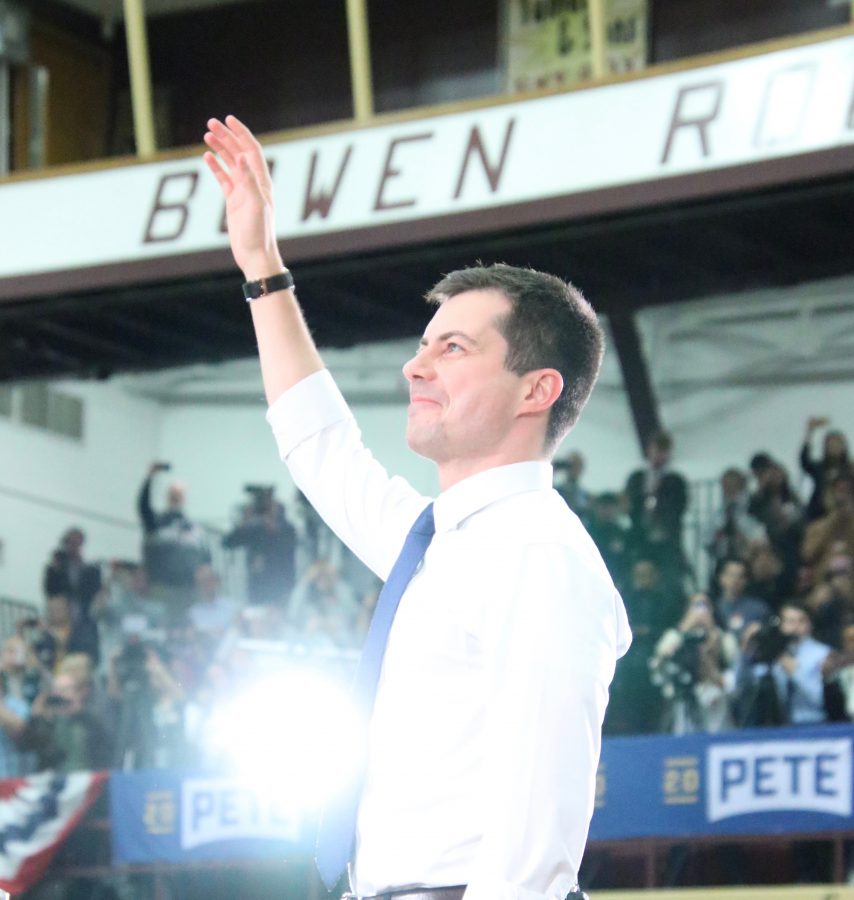
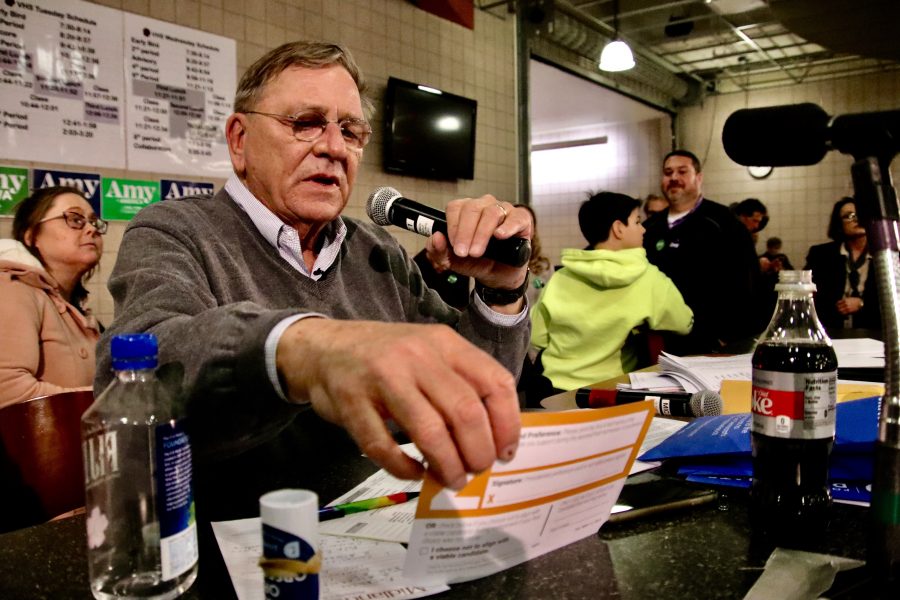
![Day 4: 2020 Iowa Caucus [Video]](https://wadsworthbruin.com/wp-content/uploads/2020/02/img_2173-900x600.jpg)